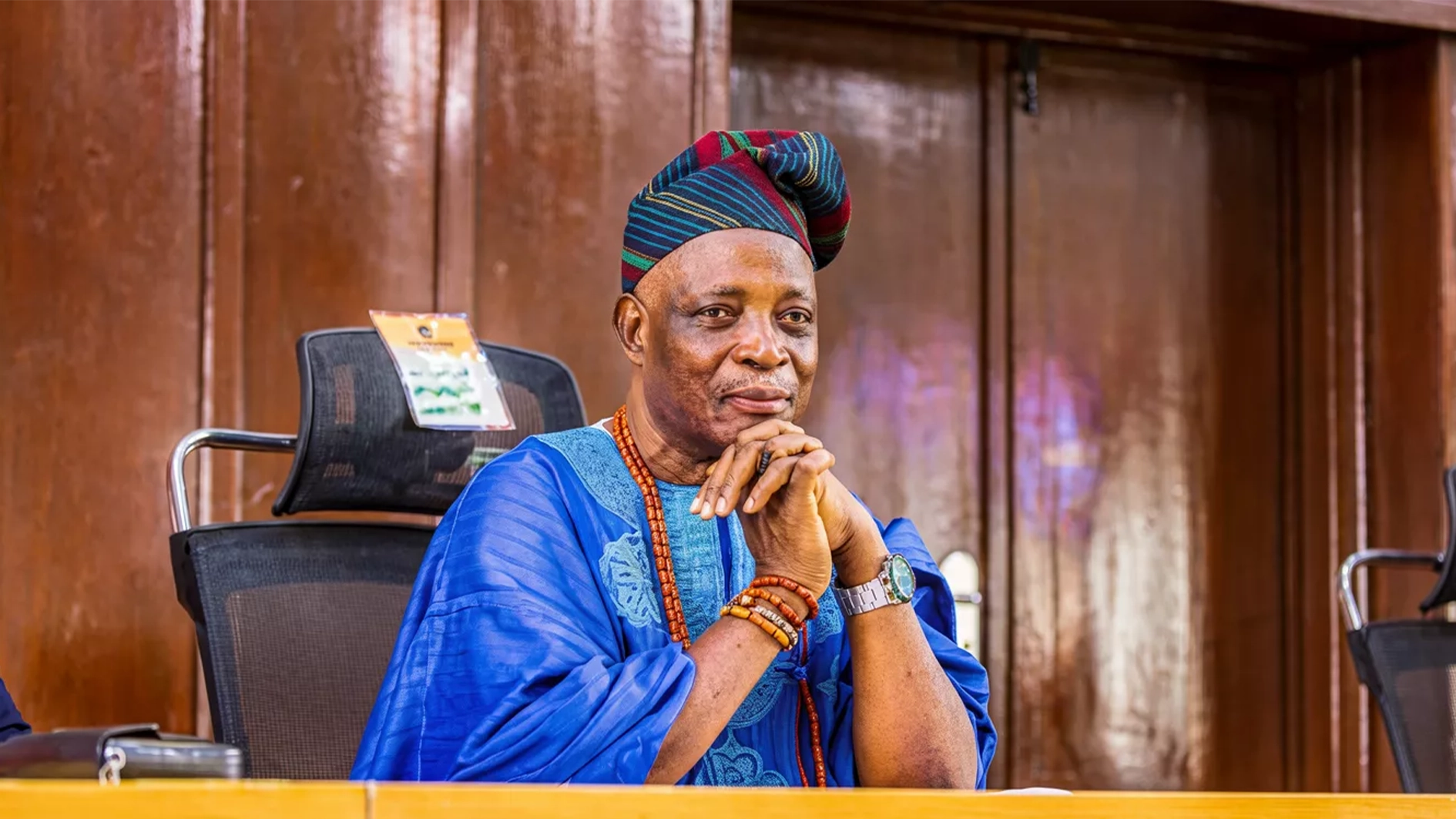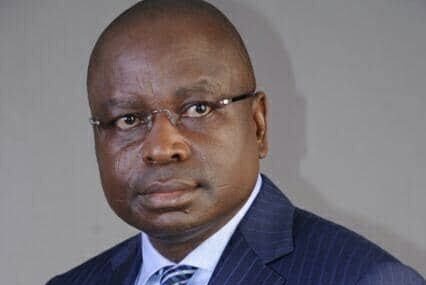The Chairman of the Christian Association of Nigeria (CAN) for the 19 Northern States and the Federal Capital Territory (FCT), Reverend John Joseph Hayab, has warned that sustained religious persecution poses a serious threat to Nigeria’s moral fabric, unity, and long-term stability.
Speaking at the National Christian Leaders Forum on Freedom of Religion or Belief (FORB), Hayab said the erosion of religious freedom continues to undermine the values required for nation-building, while fostering mistrust, conflict, and underdevelopment.
He stressed that Nigeria’s demographic reality — with Christianity and Islam as its two dominant religions — demands tolerance, inclusivity, and equal rights for all citizens.
Hayab cautioned that systemic discrimination, violence, and denial of equal opportunities against Christians weaken social cohesion and fuel resentment that threatens peace and stability.
He cited persistent attacks by extremist groups such as Boko Haram and ISWAP, along with institutional barriers in several states, as evidence that faith-based persecution is shrinking the space for evangelism and communal growth.
While noting that the church historically survives persecution — as seen with the early church under the Roman Empire — Hayab said such survival often comes at the cost of pain, sacrifice, and national setbacks.
“Freedom of religion is not only a constitutional right but also a national imperative for development,” he said.
“When people are denied the right to freely practice their faith, we weaken the moral fabric required for building trust, patriotism, and unity.
“Religious persecution is not just a church matter — it is a national crisis with direct implications for peace and development.”
Hayab urged the government at all levels to create an enabling environment where every Nigerian can practice their faith without fear or intimidation, adding that defending religious freedom should be seen as both a political necessity and a moral duty.
He also called on the global church and development partners to sustain their advocacy, prayers, and humanitarian support, noting that international solidarity has been a source of encouragement for persecuted Christians in Nigeria.
He concluded that the future of evangelism and peace in Nigeria depends largely on how well religious freedom is defended, stressing that a nation that guarantees such liberty lays the foundation for true stability, development, and harmony.






